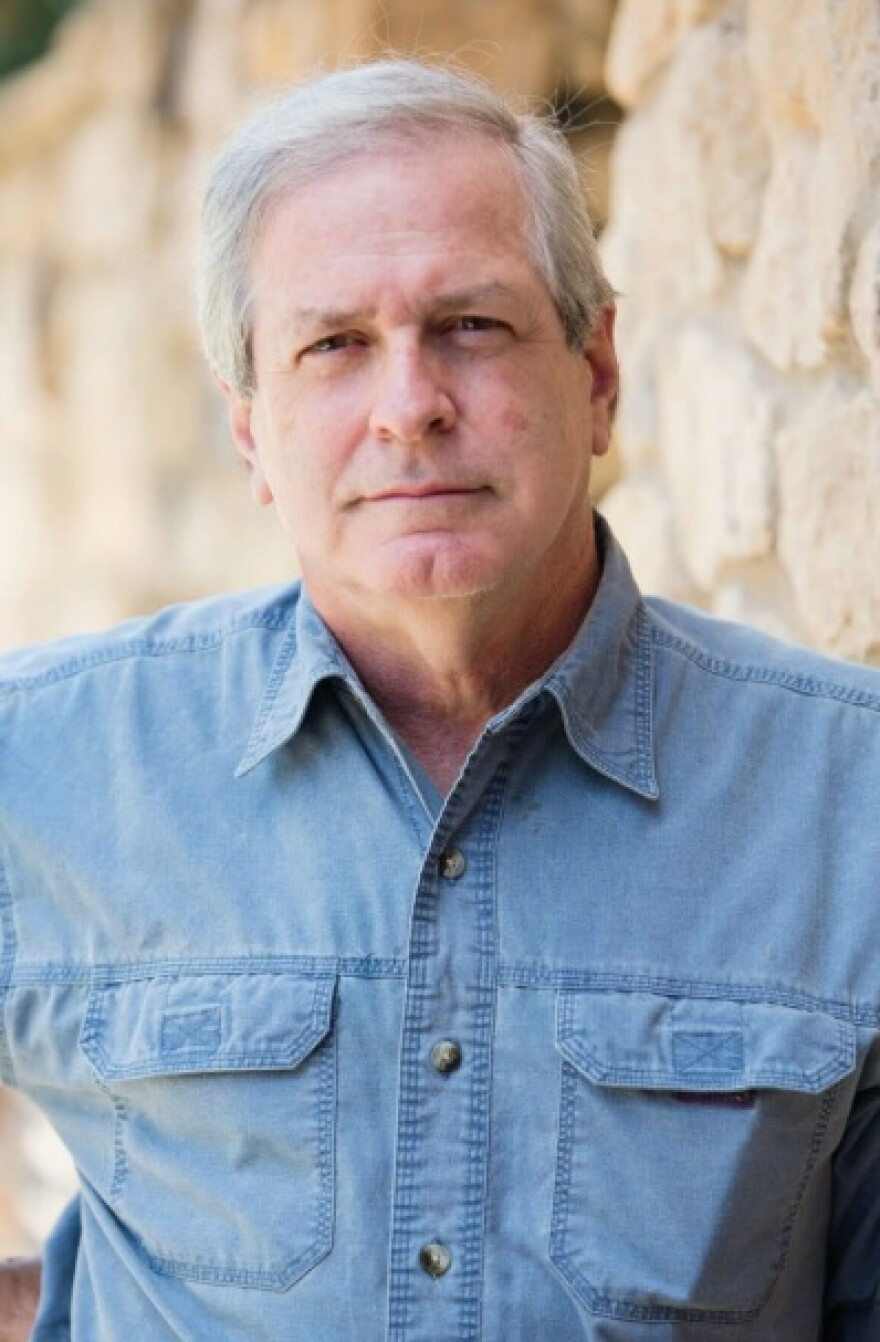A UN climate report released last week warned the world is on the precipice of catastrophic and irreversible climate change.
UN Secretary General Antonio Guterres warned the world is on a pathway to global warming of more than double the 2.7 degree limit that was agreed upon in Paris Agreement of 2015. Guterres warned that increase could lead to unprecedented floods and heat waves, and the extinction of a million species of plants and animals.
That's dire news for everyone. But it's news that people working to save the planet have to confront head on; people like Curt Meine, a conservationist, biologist, and environmental historian.
“If you look at the whole big picture, objectively, we are in a grim and daunting reality,” Meine said. But those working in conservation must find ways to overcome the “daunting emotional burden” the work entails, Meine said. Otherwise, he added, “You're not going to be doing it. You're just not.”

Meine will give a free lecture at 7:30 p.m. Thursday at Illinois State University's at Bone Student Center about his conservation during a time of rapid social and environmental change. The intersecting crises of climate change and the pandemic have made for a particularly fraught time, Meine said. That’s made the concept of a “land ethic” all the more critical.
“The Land Ethic” was a seminal essay published by the ecologist Aldo Leopold in 1948. Meine, who is a Leopold scholar and biographer, describes the ethic as the imperative to treat the land as part of a broader ontological community, rather than a commodity. Leopold intended for that imperative to shift and evolve with the developing world, Meine said.
But although the ethic must adapt to different conditions in an a rapidly changing world, it remains rooted in a core premise: We abuse the land when we regard it as a commodity. But when we see the land as part of a community to which we all belong, we treat it with love and respect.
It can be difficult to detect any trace of that ethic in a world that Guterres said was marred by "a litany of broken climate promises" and widespread global investment in “climate choking industries.” But for Meine, and conservationists everywhere, surrender is not an option – even in the face of such a devastating reality.
“Just break through that barrier, recognizing there's going to be more barriers coming at you,” he said. “It's the resilience of the human condition and spirit.”
Meine's program in the Brown Ballroom is free and open to the public.


